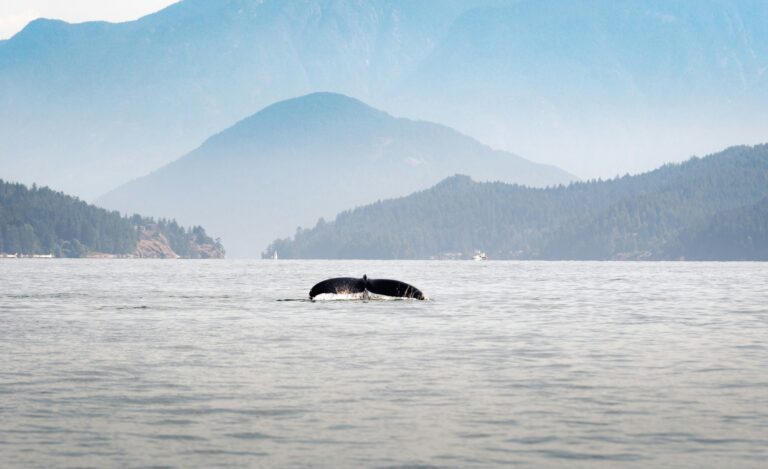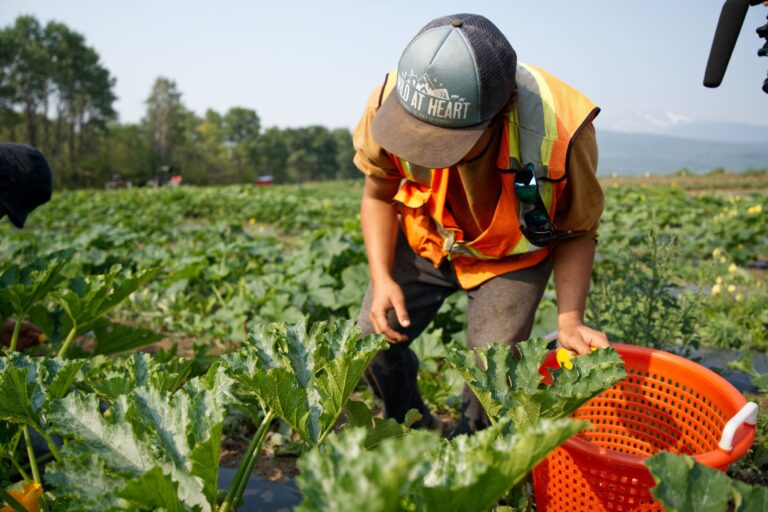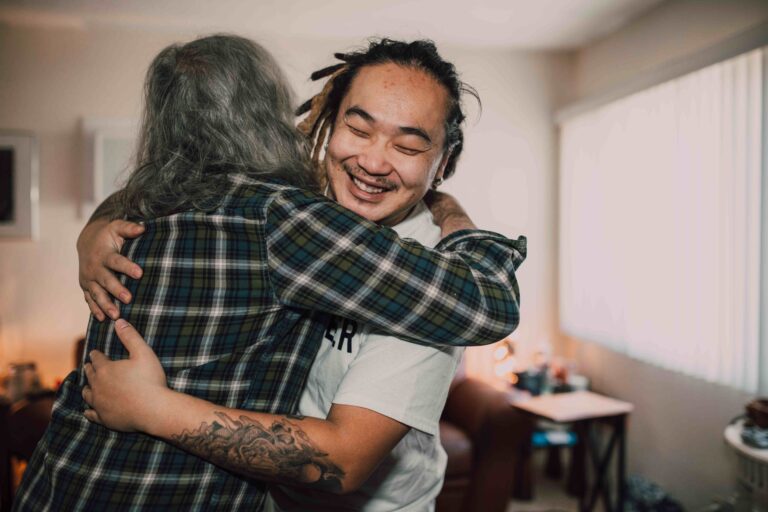
22 August 2019
Our End of Summer Reading List
We all know reading is great in any season, but there’s something extra special about packing a great book to the park or to the beach in the summer. We asked our team members which books they’ve been carrying with them to their favourite summer hangouts and they shared great titles from across almost every genre.
Jill Andres, Social Innovation and Systems Change — I’m currently immersed in The Divided Prairie City: Income Inequality Among Winnipeg’s Neighbourhoods, 1970-2010 edited by Dr. Jino Distasio and Andrew Kaufman. Winnipeg is the city I grew up in and much of my current work is rooted here, but for the past two decades I’ve been living elsewhere. Now that I’ve returned, I’m making an effort to find ways to reconnect to the city’s past and present. I’m drawn to better understand the significant divides that exist in Winnipeg. This book is particularly relevant to the Housing Solutions Lab we are currently working on with the Winnipeg Boldness Project, End Homelessness Winnipeg, the Winnipeg Poverty Reduction Council, CMHC, and the McConnell Foundation. The photos in the book are as striking and provocative as the content itself. A must read for anyone interested in exploring income inequality and polarization within Canadian cities. A PDF is available here.
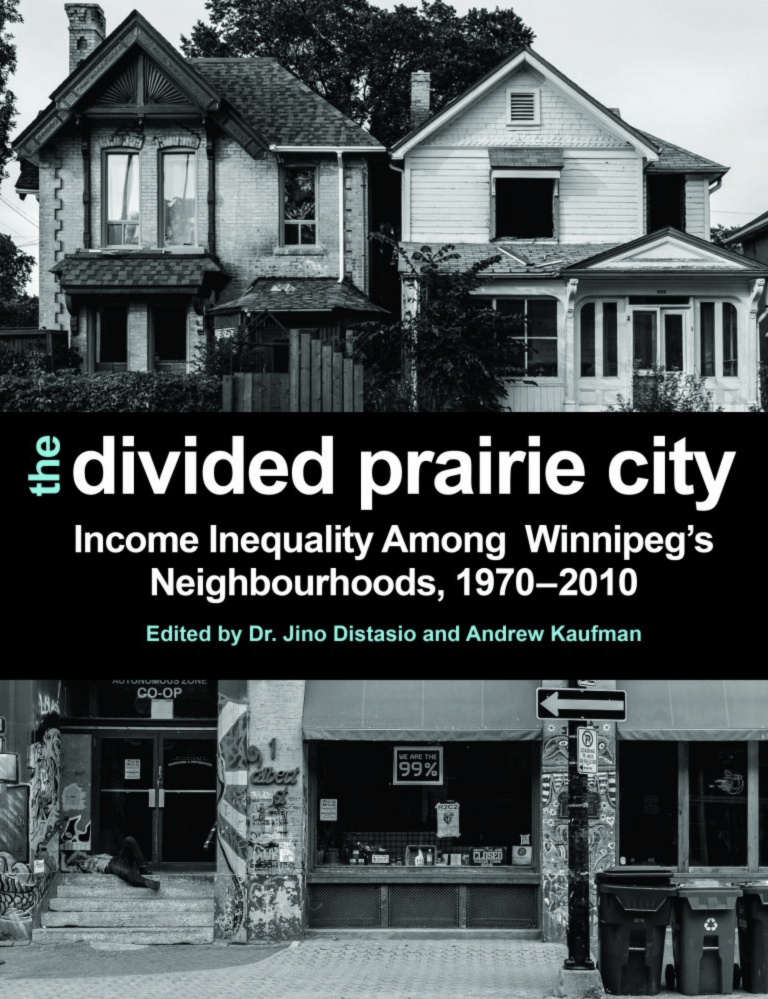
The Divided Prairie City: Income Inequality Among Winnipeg’s Neighbourhoods, 1970-2010 Edited by Dr. Jino Distasio and Andrew Kaufman (2015)
I’ve recently finished reading Winners Take All by Anand Giridharadas. This book asks questions about the impact of the (unelected) people who have amassed significant wealth through the current system and are now in the privileged position of deciding how to “change the world”? Giridharadas’ investigation of how the efforts of the wealthiest people on the planet to address the complex problems of our time obscure their role in causing these problems in the first place. This book also serves as a powerful argument for democracy and the democratic process.
Madeleine Thien’s Do Not Say We Have Nothing is a stunning fictional account of two generations that lived through Mao’s Cultural revolution. The story takes us just beyond the Tiananmen Square protests of 1989. As 2019 marks the 30th year since this significant political moment, it seemed fitting to learn more about the underpinnings and history of this event that remains highly relevant today. It took me a few tries to get into it, but once I did, I couldn’t put it down. I had tears streaming down my face on a recent flight as I was moved by the weight of the final pages and also regretful that I was coming to the end of such a beautiful book.
Jerome Lengkeek, Social Venture Developer — I just bought Jed Emerson’s The Purpose of Capital: Elements of Impact, Financial Flows, and Natural Being and am looking forward to reading it soon. Emerson is a thought leader in the field of impact investing. I have found other books of his helpful in the work I do. Specifically, The ImpactAssets Handbook for Investors. I also had the opportunity to meet Jed in person and found his philosophical insights thought provoking. I’m looking forward to diving into this book and digging into some of the big questions of our day, such as how we can unlock the power of money and capital to impact on social justice and climate change.
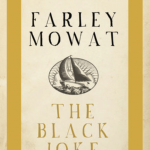
Farley Mowat, The Black Joke (1962)
I recently read Farley Mowat – The Black Joke, a historical fiction piece by the great Canadian author Farley Mowat. It was a fascinating dip into a totally different world which has long since disappeared: the world of the Newfoundland outports in the time of sailing ships, prior to Newfoundland becoming a Canadian province. If you enjoy history and culture and would like a brief brain-break with a short book that can easily be tackled in a few sessions of summer reading, I highly recommend The Black Joke.
Ken Gauthier, President — It feels like I’ve been immersed in non-fiction and ‘business intelligence’ reading for decades. So, as of late, I’m a sucker for fiction. I’ve been diving into life stories of the overlooked, the hard done by, the forgotten: the billions of people struggling to get by each and every day. On that note, I recommend Willy Vlautin’s Lean on Pete. Vlautin is a relatively new author and he was the principal lyricist for the alt-country band Richmond Fontaine for the last two decades — one of my favourites. He has a unique gift for capturing the essence of the daily struggle. His stories are usually set in the desperately forgotten back towns of the sunbelt states. Lean on Pete is a story of a 15 year old boy who is left to fend for himself after he abandoned by his parents (due to addictions) in Oregon.

Keeper’N Me, RIchard Wagamese (2006)
If you truly want to get your head around what reconciliation means in Canada and what has gone on in this country for the past few centuries as a result, read the entire Richard Wagamese catalogue. I’m currently reading Keepr’n Me. Richard is an absolutely brilliant storyteller and you will learn tons about Indigenous culture, love, family, and beauty, alongside hardship and racism in Canada. This particular novel is quasi-autobiographical. As a victim of the 60s scoop, Richard was taken away from his family in his youth. He retells his life in foster homes and in the streets of Toronto in the 70s. The streets eventually led him to jail and, eventually, he led himself back to his home in the Ojibway First Nation in Northern Ontario, where he struggled to reintegrate.
I’ll add a heavy lifting, self-help book to the list: Michael A Singer’s The Untethered Soul, The Journey Beyond Yourself. Love self-help books or hate them, one of these is never too far away from my travel bag or night stand. This particular book is one of the better experiences I’ve had with this genre. I love picking tidbits about making this journey better for myself and the people I love and care about. This particular book explores your relationship with yourself, something I hadn’t made a priority until the last few years (when I realized this relationship is everything). It’s all about finding peaceful resolution to issues and baggage that you carry needlessly and endlessly, and basically reducing limitations (or what you think and feel are limitations).
David Carruthers, Social Venture Development — I’m currently reading Joseph Schumpeter’s Capitalism, Socialism and Democracy, published in 1942. It includes an analysis of Marxism, of capitalism (and its prospects for survival), of socialism, and the intersections of socialism and democracy. It’s a book that remains relevant today. Finally, it is where the term “Creative Destruction” was introduced, referring to the process by which innovators enter the market, destroying the value of established companies, and driving long-term economic growth. Unsurprisingly, it’s a dense read.
I’ve recently finished reading The Attention Merchants by Tim Wu. This book chronicles the development of the Attention Merchants, from the development of almost tabloid-like newspapers in New York through to the many subsequent forms of media harnessed to capture and deliver consumers’ attention to advertisers. Overall an interesting and lively read, even if it presents a somewhat short “so what?” by the end.
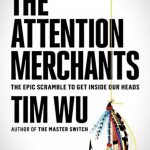
The Attention Merchants: The Epic Scramble to get Inside Our Heads (2016)
I’ve also been reading Pop Internationalism by Paul Krugman. This book the relatively well-known international economist Paul Krugman combines a number of essays criticizing the “Pop Internationalism” of the 1990s, when many supposed luminaries of international trade and business presented a win-lose view of international trade (with other industrialized nations, and the emerging markets) between economies. If the book aims to leave the reader with anything, it’s that national economies are not companies, and the logic of competition therefore does not apply.
Jen Casorso, Community Wellbeing — In my journey of advancing life goals and developing new paths for myself, I decided to join a local book club that focusses on books related to skills development. One of our books was Hal Elrod’s The Miracle Equation. Ultimately, whenever we have success in something it usually took unwavering faith in our abilities combined with extraordinary efforts to reach the outcome we were seeking. It is an easy, insightful read. I also downloaded the audiobook so I could benefit from two modes of learning and take in some of his wisdom while I drive to and from communities.
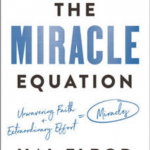
The Miracle Equation, Hal Elrod (2019)
I recently read Dare to Lead by Brene Brown. Her work speaks to me in a way I haven’t quite put my finger on. She is witty, intelligent, and a great storyteller—I love anything written by her. As a community builder/developer, I work to embrace vulnerability as part of doing social change work. Brown’s writing has helped me with this. This book in particular provides deep insights into working in teams and establishing meaningful relationships that are real, vulnerable, and honest.
Kendra Besanger, Social Venture Development & Engagement — I finished Eric Klinenberg’s Palaces for the People earlier this summer and would highly recommend it to anyone interested in conversations around social infrastructure, public space, and the importance of the public sector, generally speaking. I also recommend listening to two podcast episodes about the book: one hosted by the Kitchen Sisters and the other by 99% Invisible.
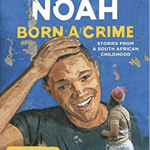
Trevor Noah, Born A Crime (2016)
Trevor Noah, Born A Crime. I’m a huge Trevor Noah fan and devout watcher of The Daily. I loved this book from page one. As indicated by the title, the book centres on Trevor’s experience growing up as a “colored” person in South Africa, under apartheid. His storytelling is brilliant and he dishes out heaps of respect and love for his mom, an undeniably strong woman who raised him under tough circumstances, on one income. Read this or listen to it on audiobook—either way, you’ll laugh your way through it and learn a lot.
I’m just opening Rebecca Solnit’s A Paradise Built in Hell. Solnit is one of my favourite writers and this book dives into beautiful accounts of community collaboration in devastating, post-disaster circumstances. Solnit speaks to the power of ingenuity and innovation in times of crisis. I’m particularly interested in these stories because I worked in an emergency operations centre during the 2017 fires in British Columbia. I witnessed incredibly levels of grassroots led, community collaboration and innovation in the face of disaster. Community members collaborated effectively under pressure and their willingness to problem solve together was a profound thing to witness.
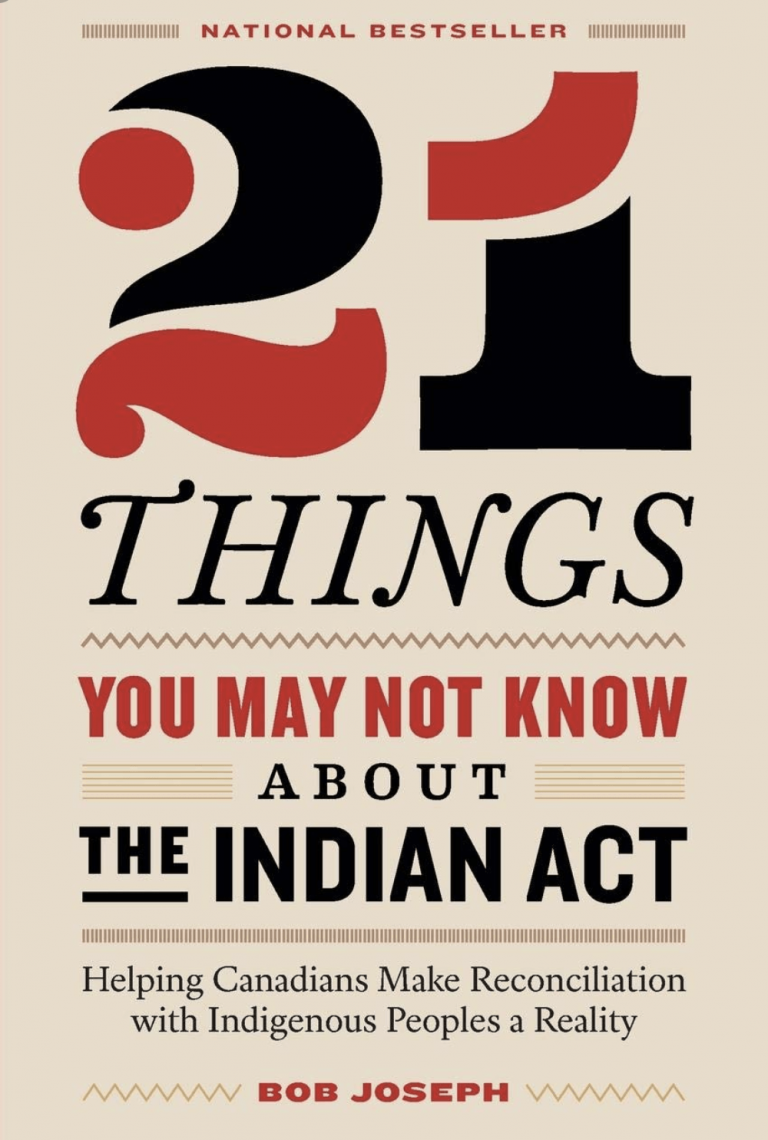
21 Things You May Not Know About the Indian Act, Bob Joseph (2018)
Jodee Ng, Community Housing — I’m currently reading 21 Things You May Not Know about the Indian Act by Bob Joseph. It’s a fact-based introduction to learning more about the Truth and Reconciliation Commission (TRC) and carries some suggestions on how, at an individual level, we can get closer to Reconciliation. Given the subject matter, I’ve had to put it down a few times and take a break but I’ve continued to read it and highly recommended it to anyone looking to learn more about the heavy consequences that Canada’s Indian Act has had throughout history.
Next on my list is Order without Design – How Markets Shape Cities by Alain Bertaud. I’ll let you know how it is when I get there!


